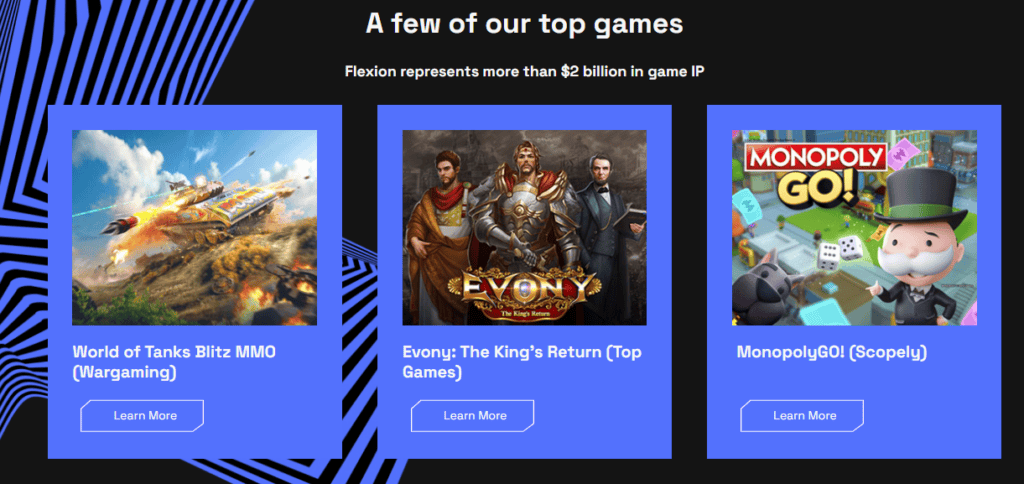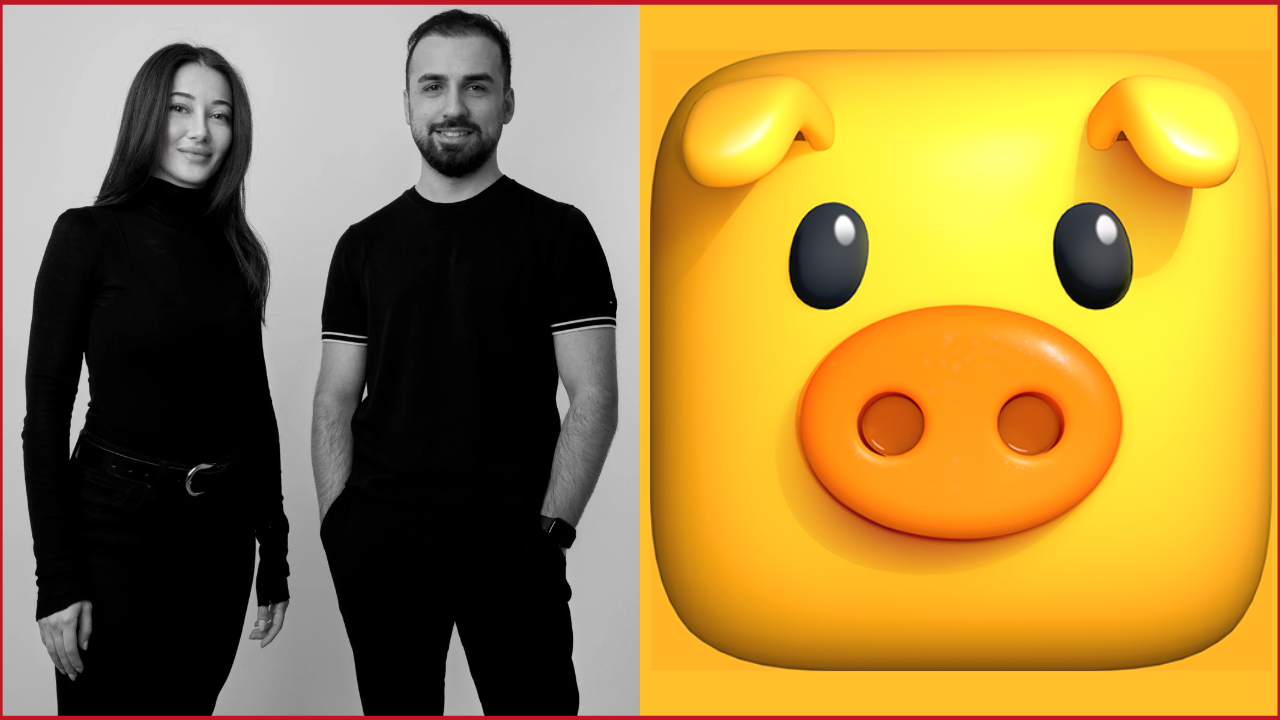On January 17, 2025, Flexion and King partnered to launch Candy Crush Solitaire simultaneously across Apple, Google, and 5 alternative stores, setting an industry-first milestone.
Following this major news, we followed up with Jens Lauritzson, the Founder and CEO of Flexion, and we talked about how this industry-first move will impact the gaming industry in the future.
You founded Flexion way back in 2007. How has the company’s vision evolved over the years?
As a games marketing company, Flexion has always been about helping game developers find additional revenue and audiences.
Google Play and the App Store didn’t exist back in 2007, and the market was very fragmented, with mobile operators and device manufacturers dominating mobile game distribution. We solved similar problems back then and made it easy for developers to find new users and monetize them with the most relevant payment service available.
With more distribution options available to developers and the rise in D2C (Direct-to-consumer), our services are needed more than ever.
I’m proud to say that we built up the technology, expertise and experience in helping developers market their games in the alternative app stores that no one else can match. In the last 12 months alone, Flexion has partnered with King, Kabam, MY.GAMES and Jam City to market games through alternative channels.

We continue to see a positive trend in favor of alternative distribution, particularly high-margin channels and third-party payments.
Our vision has evolved to give control of a game’s markets back to the creator of that game. We now offer services that are about moving beyond the rather narrow boundaries of just two app stores and exploiting the advantages of using many different channels.
We know that by taking the leap from app store control to free markets, we can help developers get:
- Higher revenues and bigger audiences
- Better margins; better returns
- Improved ways to engage with and retain their audiences
- More creative, more energized user acquisition
- A greater potential to innovate and to reap the rewards of that innovation
As CEO, what key lessons have you learned that have shaped Flexion’s growth and success?
There is nothing such as instant success in business. It takes time, and you need to believe
in your vision. There are going to be many challenges and tough times on the road to success.
Flexion and King have partnered to launch Candy Crush Solitaire simultaneously across alternative app stores. How did this collaboration come to fruition?
We had been talking to King for many years, and last year, we finally agreed to collaborate to expand Candy Crush distribution to most of the big alternative app stores. This was a bit of a test, and it led to us getting involved in the launch of their newest title, Candy Crush Solitaire.

This is the first time King has launched a game simultaneously across such a wide range of platforms. What does this milestone mean for Flexion and the broader mobile gaming industry?
The big picture is that developers have more freedom than ever to operate, thanks to the new regulations in the EU and US that are forcing Apple and Google to loosen their grip and control of the mobile games market.
Given freedom about how they operate, developers have the opportunity to build exciting new relationships with users. By inviting users into their space – whether by extending webstores into gamers’ arcades, using alternative app stores or even building their own app store – developers can innovate once more. This is rebooting the whole industry.
The real prize for developers is a renewed engagement with users and a better understanding of what they want.
The new freedom that Google and Apple are being forced to give developers is best used to build loyalty to their brands (rather than those of the tech giants) and to innovate around the feedback they get from loyal users.
It’s also an opportunity to improve retention, to re-excite players about their favourite games while improving discovery, promoting new games to people who you already know are fans of your work. It opens the door to new innovations around multiplayer support and platform independent gameplay.
DECA Games saw its game’s revenue increase as much as 80% thanks to Flexion. The developer chose Flexion to publish and market its hit game, Gods and Glory, on the alternative app stores,
Flexion is ideally placed to capitalize on this. For instance, the US court case between Epic and Google will provide alternative stores with better access to the USD 100bn mobile games market.
As a result, we are likely to see more new stores and distribution channels appearing. While Epic and Microsoft are probably the best-known, we are also seeing a great deal of activity in the mobile carrier space in Europe and the US.
Our partnerships with the likes of Digital Turbine and ONEstore, both of which focus on the mobile carrier and OEM segments of the market, are likely to grow in importance over time.
Google will be forced over time to a) allow alternative stores in Google Play b) allow third-party payments inside games in Google Play, and c) allow linking out to competing services.
In addition, new alternative stores will also gain access to Google Play apps and games should they wish to distribute these. This is something that could help new app stores to build footfall while they – over time and with Flexion’s help – integrate their own payment solutions with games instead of using Google’s solution to generate revenue.
Direct distribution is another significant opportunity for Flexion, enabling the parties involved to share the 30% otherwise paid to Google and Apple. These opportunities for developers will continue to drive interest in Flexion’s services for years to come. In other words, this is a huge opportunity for us to be a critical ecosystem enabler in a wider open market.

What were the primary technical and logistical challenges faced during the preparation for this simultaneous launch across multiple platforms?
The fact that we had already worked together with King really helped. Coordination between teams and app stores is often something that can cause issues if developers work directly with new stores but with Flexion’s help this can be avoided.
We managed to secure pre-registration campaigns for the game in all stores before the launch which is usually something that requires a lot of effort by the developer but not when they work with Flexion.

With 2025 poised to be the rise of alternative stores, do you see simultaneous multi-platform launches becoming the norm for future game releases? How do you envision the future of alternative distribution channels, and what opportunities or challenges might arise for developers?
Google and Apple being pushed by market forces and regulators to loosen their grip and control of the mobile games market means that developers’ reliance on the two big stores is an obsolescent approach, and we will see more developers exploiting the advantages of using many different channels. And yes we expect to see developers launching games across these channels simultaneously as the norm for game releases.
These will range from full-on direct-to-consumer (D2C) and driving in-app purchases to developer’s own web stores to building revenue and broader audiences through alternative markets and capitalizing on preload app stores to improve discoverability.
This approach gives developers the freedom to improve margins, get more reliable ROI from games and build revenue and audiences bigger than ever before.
Looking ahead, what are Flexion’s primary goals and strategies for the next five to ten years?
After a period of slower growth, the mobile games industry is entering a period of seismic shifts because of market and regulatory changes. This marks a new era in game marketing.
This represents an opportunity for Flexion to extend its services to support games marketing outside the big two app stores. The company has a unique combination of long experience in alternative markets, technical expertise, and innovative thinking.
- We will continue to grow our service offering which will combine our cutting-edge services for the evolving games market and will position us as the leader in the open market.
- Our services are and will continue to help developers make better margins, higher revenue and reach bigger audiences with broader market channels, innovative user acquisition and D2C.
- By using our expert services, developers reduce their upfront financial and manpower costs (and therefore risk) and in some cases, will be the only financially viable option.
- Our services will always focus on empowering developers to be in command of their own marketing, margins, revenue, audiences, discoverability, loyalty, and retention.
- Our services include our new market-leading SDK for distribution in all channels outside Google/Apple boosted by influencer marketing, creators programs and higher margin payments for the evolving D2C market.
Until now, Apple has not been available to us but as the regulatory pressure bites in the EU and the rest of the world, we expect to be able to expand our services to this important platform too, effectively doubling our target market over time. This will allow us to strategically reposition Flexion from a key alternative store distribution partner to a full service marketing company.






